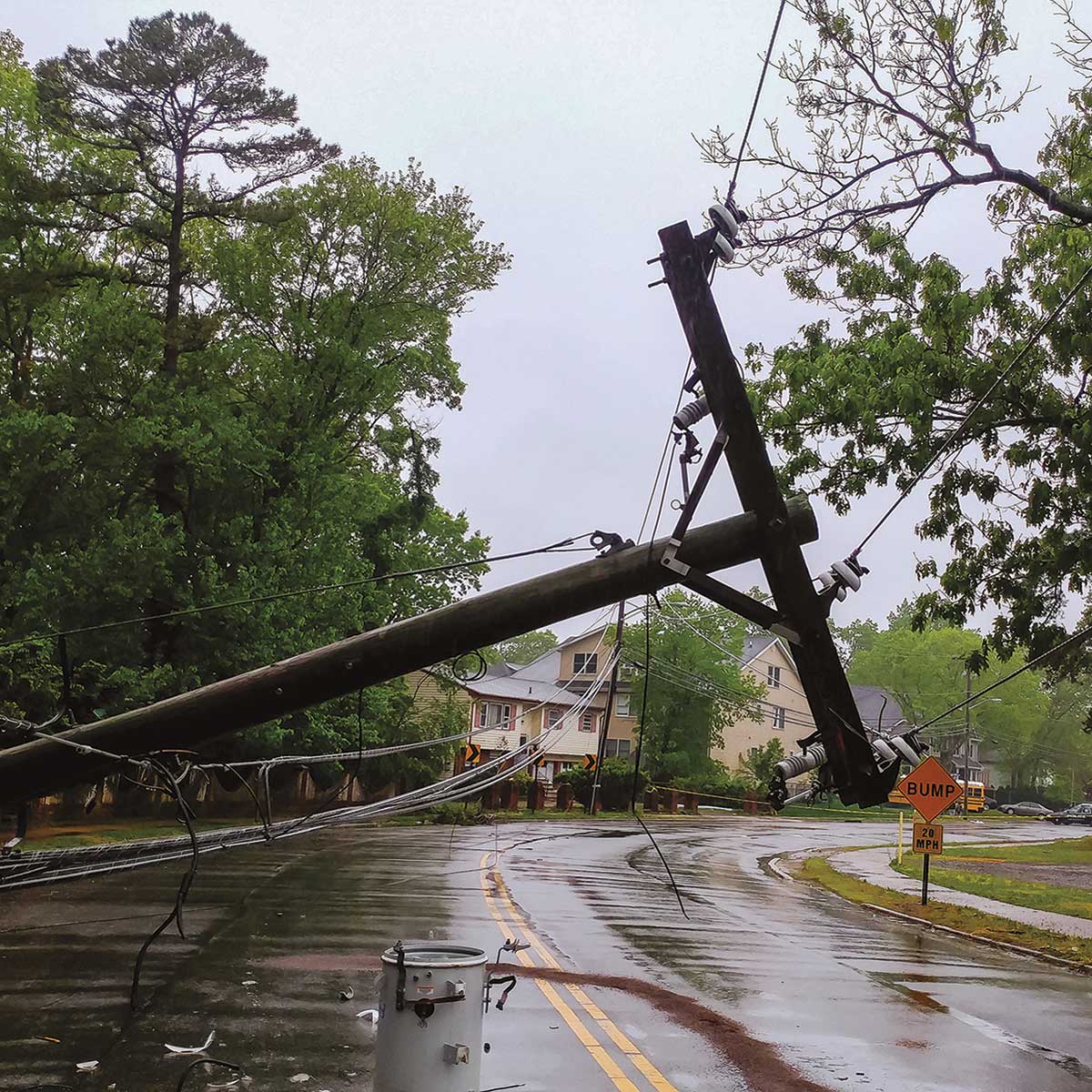You know the electrical safety basics such as: Don’t use appliances near water. But safety isn’t just about prevention. It requires knowing what to do if you or someone nearby comes into contact with electricity. Review this list now, before your next emergency:
If someone nearby comes into contact with electricity, do not touch that person or anything the person is touching. Instead, call 911. If the source of electricity is an appliance, grab the plug—not the cord—and pull it out of the outlet. If you cannot safely remove the plug, turn off the power at the fuse or circuit breaker.
If an electrical wire falls on your car, do not get out of the car. You’re generally safer inside your vehicle. Your tires protect you because electricity seeks the quickest path to the ground—through the outside of the car, through the tires and into the ground. Call 911 and your electric cooperative and stay in your car until help arrives and the electricity is shut off.
Most power lines are not insulated, so they’re never safe to touch. When a wire falls to the ground, it may still be live, even if you don’t see sparks. Call 911 and your co-op if you see a downed wire. Warn others to keep their distance.
Wood is a poor conductor of electricity, but it’s still a conductor, especially when wet. Don’t use a wooden ladder near a power line. If a ladder begins to fall into a power line, don’t grab it. Let it fall and call your co-op so we can safely address the problem.
Only pure rubber is an insulator, and most household products don’t contain pure rubber. Don’t try to handle electrical emergencies at home, even if you’re wearing rubber gloves or shoes.


